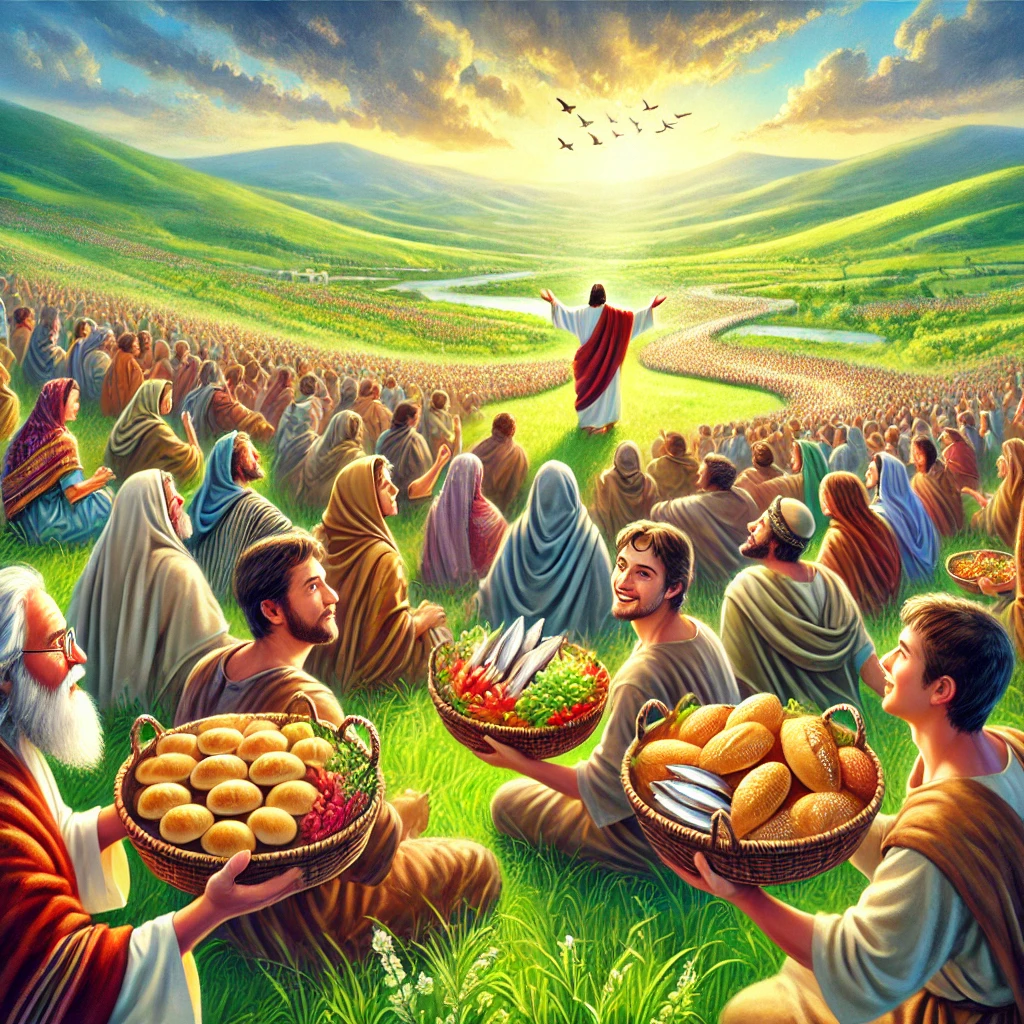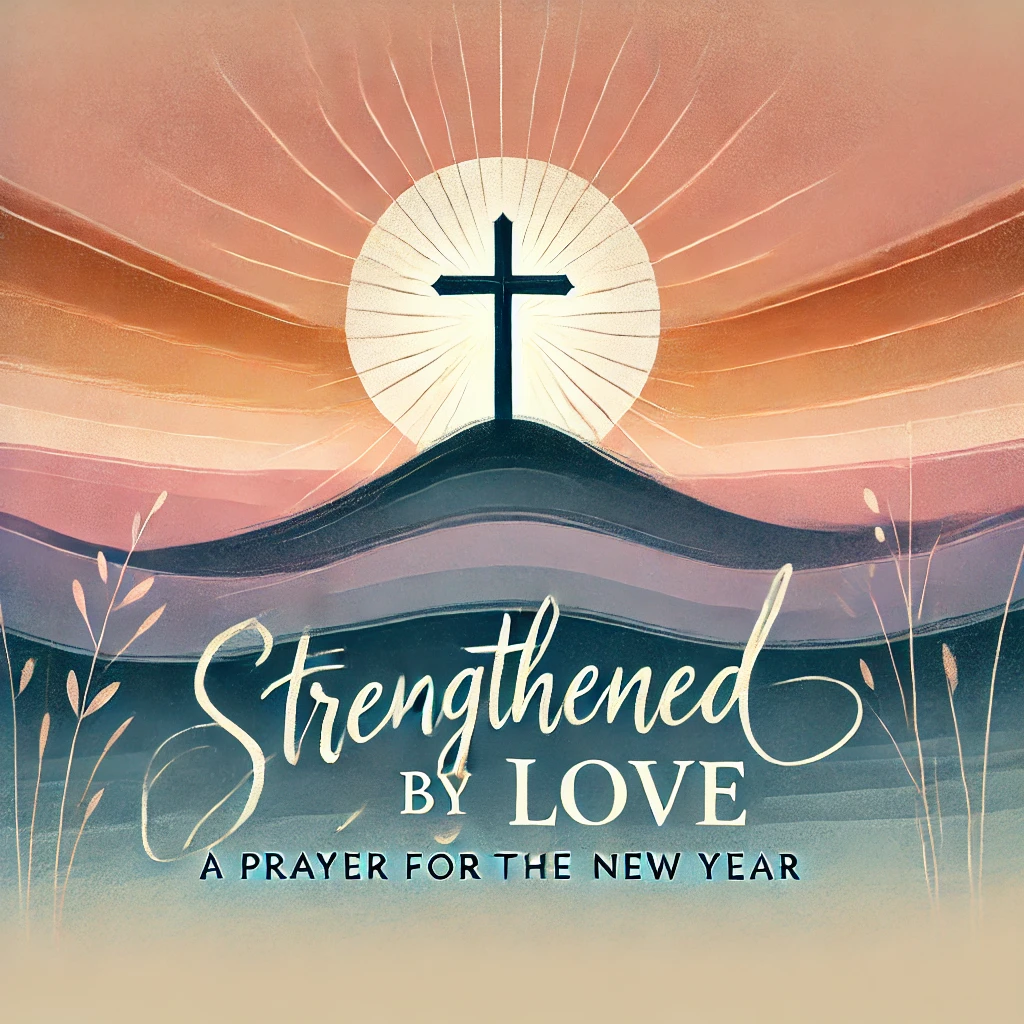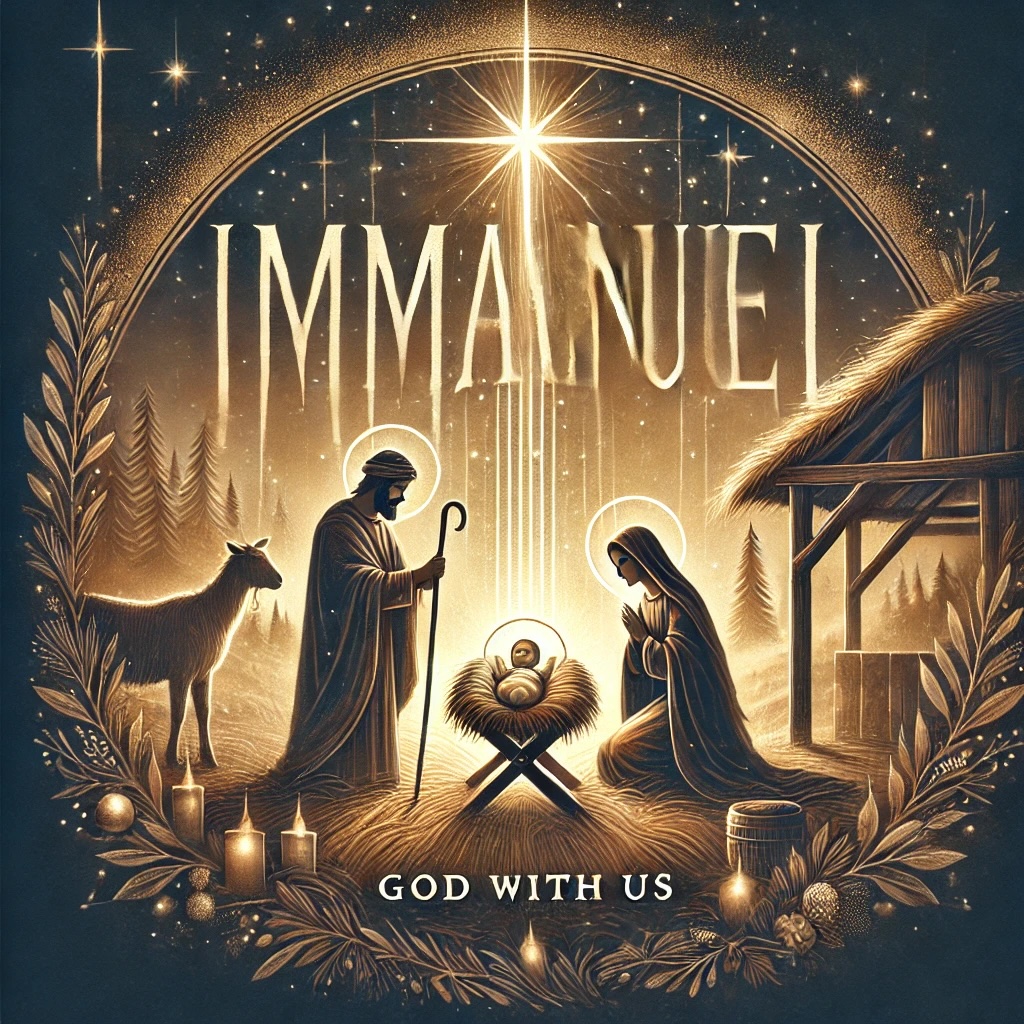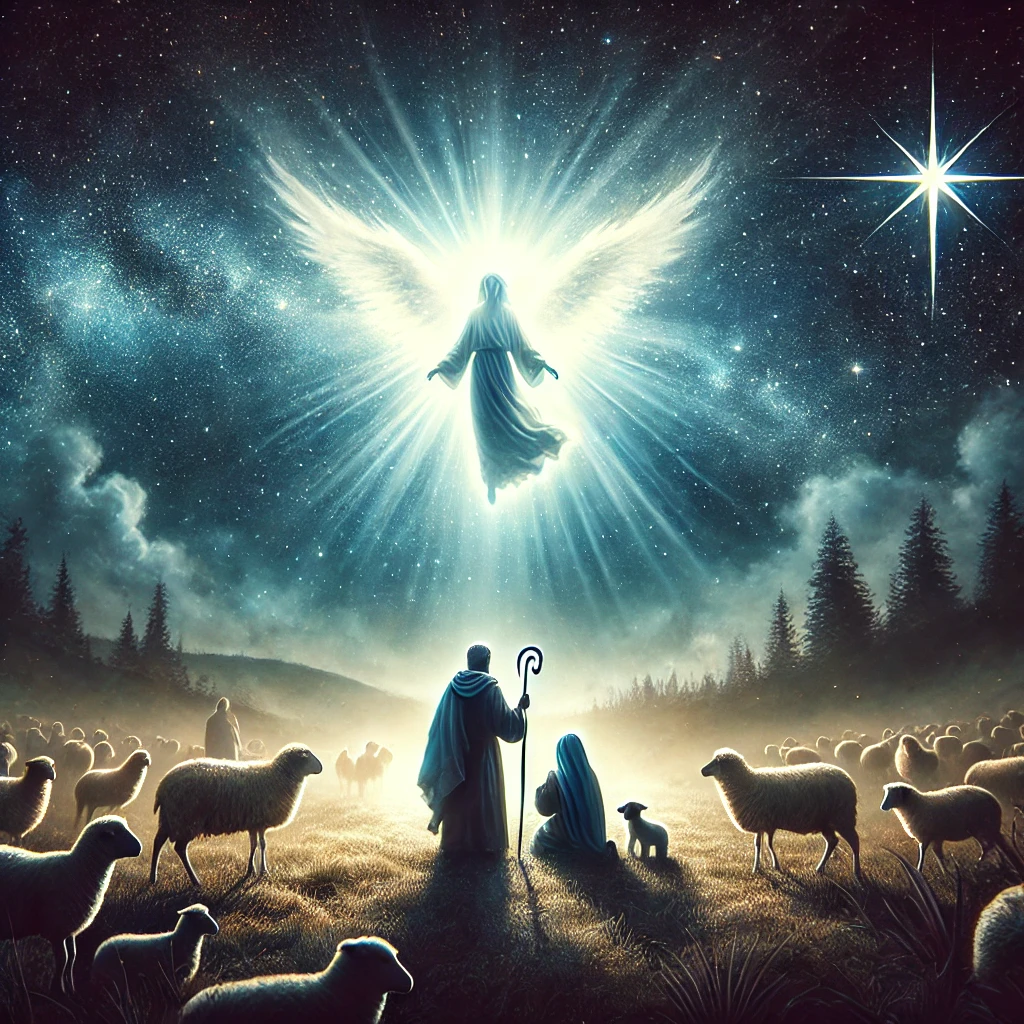The Beatitudes are more than a list of moral instructions—they confront the core of who we are. Each statement builds upon the next, revealing that true Christianity is not just about outward actions but about inward transformation.
Martyn Lloyd-Jones wisely observed:
“The Gospel places the emphasis on being rather than doing. The gospel puts greater weight on attitude than upon our action.”
This truth is essential. Our actions naturally flow from what is happening in our hearts. As Jesus taught, “A tree is known by its fruit” (Matthew 12:33).
Moral Actions Alone Are Not Enough
We are often tempted to measure our faith by visible works—serving at church, maintaining a respectable lifestyle, or demonstrating outward piety. But Jesus warned that the Pharisees excelled in such things, yet He condemned them for their empty religiosity.
He called them hypocrites, whitewashed tombs, and blind guides—strong words for those who appeared righteous but lacked true spiritual life.
The danger remains today. One can know the right answers, speak Christian language, and live morally without experiencing gospel transformation.
The Beatitudes offer a test for our hearts. They force us to ask tough questions:
• Am I poor in spirit?
• Do I mourn over my sin?
• What is meekness?
• Do I hunger and thirst for righteousness?
• Am I merciful?
Moral behavior without mercy reveals a heart that has not been changed.
What Is Mercy?
Mercy is not simply a personality trait or an easygoing nature. Jesus describes mercy as something much deeper—a spiritual change that marks a person born again by the Holy Spirit.
1. Mercy Is Not Weakness
It is not passivity or ignoring sin. It’s not the attitude of someone who avoids confrontation or simply “sweeps things under the rug.”
Martyn Lloyd-Jones defines mercy as “pity plus action.” It begins with inward compassion but results in outward response.
2. Mercy Withholds Deserved Punishment
This is the mercy God extends to us. Psalm 103:10 declares:
“He does not deal with us according to our sins, nor repay us according to our iniquities.”
This is mercy: God withholding the judgment we rightly deserve.
You may have heard this contrast:
• Grace is getting what you don’t deserve (forgiveness, eternal life).
• Mercy is not getting what you do deserve (judgment, wrath).
As the Holman Bible Dictionary explains, mercy is “an action taken by the strong toward the weak, the rich toward the poor, those who have toward those who have not.”
This is the foundation of forgiveness. Jesus Himself demonstrated this mercy on the cross, withholding punishment we deserved by giving His own life instead.
3. Mercy Is Compassion in Action
Jesus illustrated this beautifully in the parable of the Good Samaritan (Luke 10).
• A man is beaten, robbed, and left for dead.
• A priest and a Levite—religious men—see the wounded man but pass by.
• Finally, a Samaritan stops, cares for the man, bandages his wounds, and pays for his recovery.
Jesus asked, “Which of these three proved to be a neighbor?” The answer: “The one who showed him mercy.” Jesus then commanded, “Go and do likewise.”
Mercy isn’t just feeling sorry for others—it’s compassion that moves to action.
Mercy’s Greatest Display: The Cross
It is most powerfully seen in God’s gift of salvation.
“But God, being rich in mercy, because of the great love with which he loved us…” (Ephesians 2:4)
“For God so loved the world that he gave his only Son…” (John 3:16)
Though we were dead in our sins, God showed mercy by sending Jesus to rescue us. This is mercy at its highest—God withholding the judgment we deserve and giving us grace instead.
The Promise of Mercy
Jesus declared, “Blessed are the merciful, for they shall receive mercy” (Matthew 5:7).
Does this mean we must earn mercy by showing mercy? No. Mercy is not a transaction—it’s a response to what we’ve already received.
As Jesus illustrated in the parable of the unforgiving servant (Matthew 18:21-35), one who truly understands the mercy they’ve been shown will naturally extend it to others.
A man forgiven an unpayable debt refused to forgive someone who owed him a small sum. The king rebuked him:
“Should not you have had mercy on your fellow servant, as I had mercy on you?”
This parable warns that a heart untouched by mercy is a heart unchanged by the gospel.
Mercy in the Life of a Believer
The Beatitudes reveal a pattern of transformation:
• Recognizing our spiritual poverty leads us to mourn our sin.
• This humbles us, making us meek before God.
• From there, we hunger for righteousness.
• And having received God’s righteousness, we become merciful people.
The gospel transforms us from the inside out. A truly forgiven person forgives. A heart that has received mercy will show mercy.
As we reflect on God’s mercy, may it move us to compassion in action—forgiving others, loving our neighbors, and pointing them to the mercy we’ve found in Christ.










